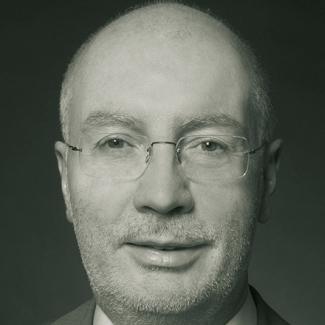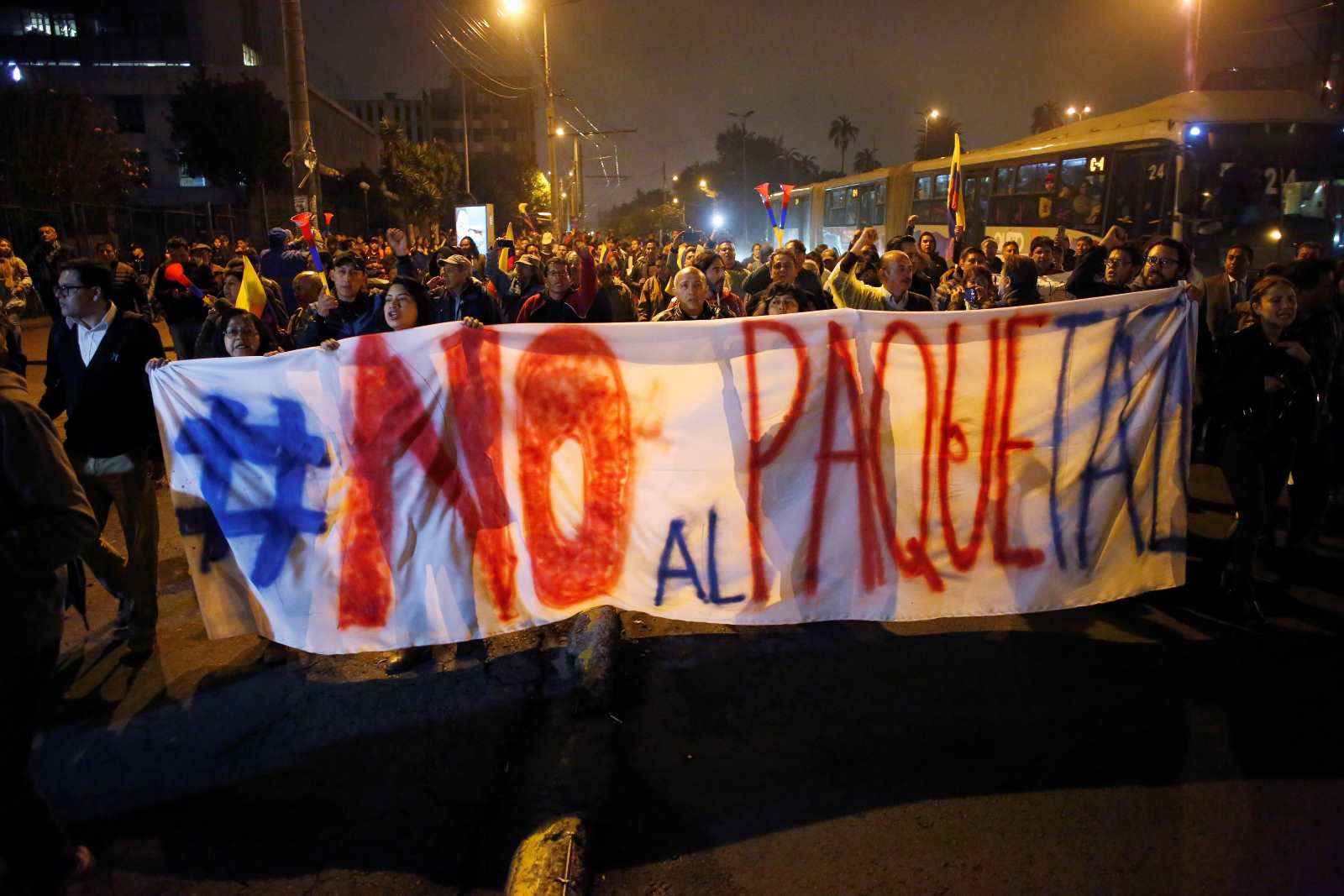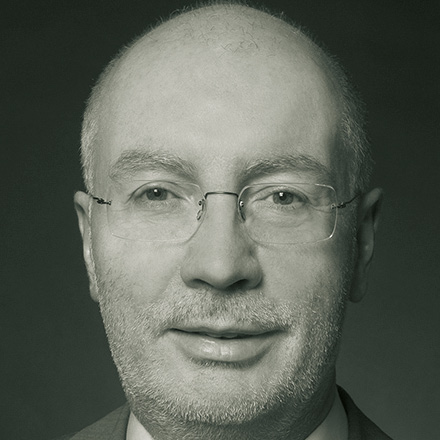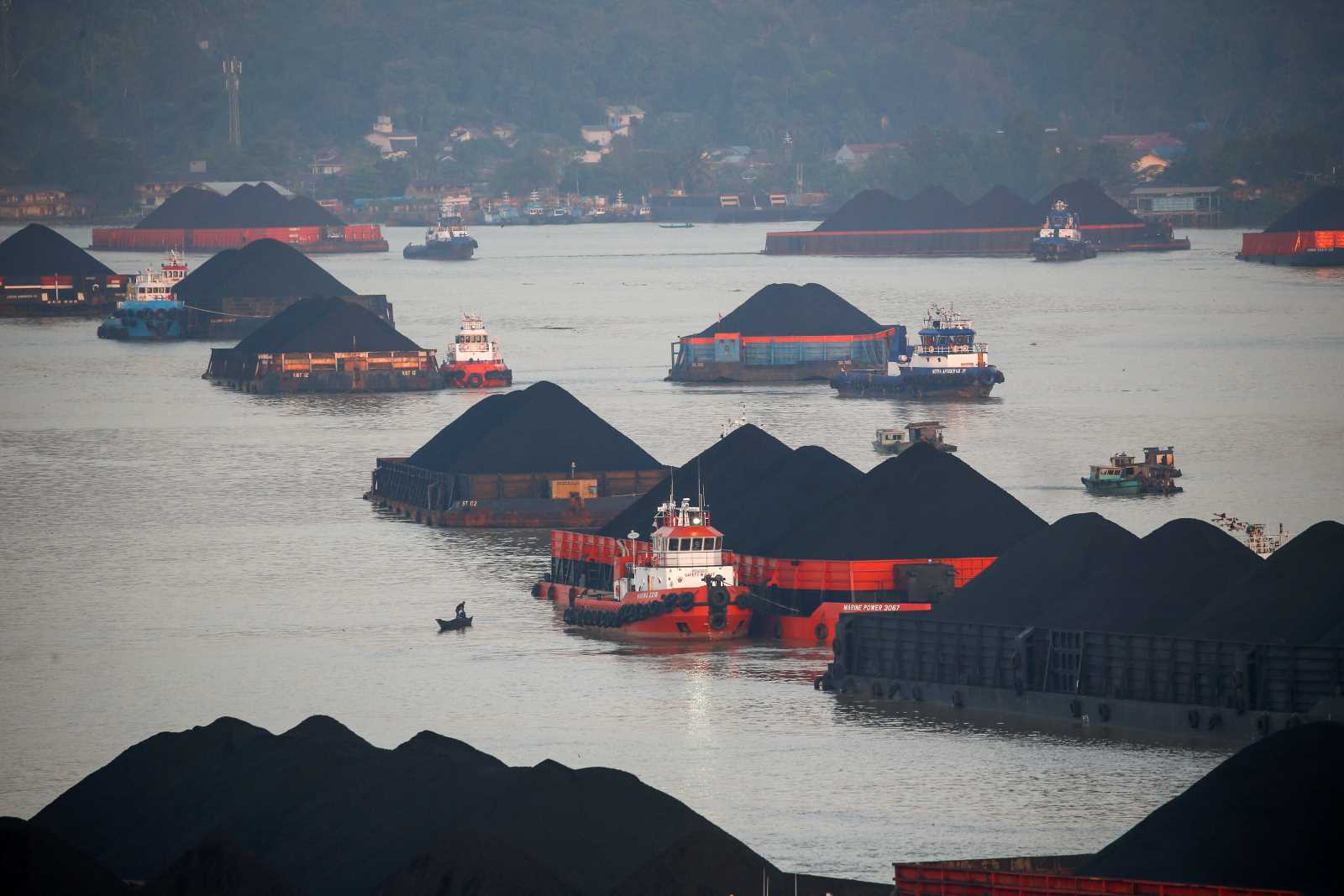Ecological transition
Energy partnerships for the ecological transition
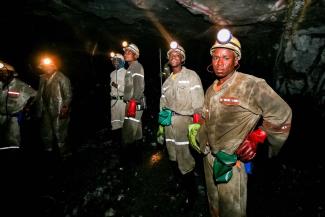
Multiple international conferences, especially climate summits, have focused in recent years on how humanity can emit less CO2. The emphasis has been on withdrawing from fossil fuels in favour of renewable energies.
Particularly coal-producing countries with low incomes often lack the budgetary resources to finance an ecological transition. They therefore depend on support from wealthier countries. In order to ensure a just transition, various countries have formed energy partnerships with each other.
The first of these Just Energy Transition Partnerships (JETP) was concluded as part of the UN climate conference in Glasgow in 2021. South Africa joined with an international partners group made up of the USA, the United Kingdom, France, Germany and the EU. The group announced that it would provide South Africa $ 8.5 billion to phase out coal. However, according to a plan by South Africa from 2022, financing a just transition in the country would cost $ 98 billion over the next five years, which is more than ten times as much. In the same document, the possible conditions of the external package are indicated as follows: 63 % concessional loans, 18 % commercial loans, 15 % loan guarantees and four percent grants.
During the EU-Africa summit in Brussels in early 2022, the EU announced that it would support just transitions in African countries, including JETP projects in Egypt, Côte d’Ivoire, Kenya, Morocco and Senegal. In mid-2022, during the G7 summit in Elmau under German presidency, more JETPs were concluded, this time with India, Indonesia, Senegal and Vietnam. The International Partners Group (IPG) which was formed for this purpose comprises the G7, including the EU, as well as Denmark and Norway.
At the end of 2022, the international partners promised $ 20 billion to the partnership with Indonesia, made up of half public and half private funding. The IPG announced $ 15.5 billion for the partnership with Vietnam and € 2.5 billion for Senegal. At the climate conference in Dubai in 2023, Indonesia, Senegal, South Africa and Vietnam reported on the partnerships’ progress.
Such energy partnerships focus on
- the withdrawal from fossil fuels (coal, mineral oil and natural gas) through the expansion of renewable energies (solar, wind, hydropower and biomass),
- the promotion of energy efficiency and
- the use of conversion and storage technologies, in particular green hydrogen.
However, the concept is not yet clearly enough connected to the idea of a just transition. Sometimes “just” is simply used as a decorative adjective when the emphasis is primarily on technological and economic challenges. It is also unclear whether JETP financing concerns funds that have already been committed as part of official development assistance (ODA) and international climate financing – or additional funds. The portion of these funds that will target the “just” aspect is still uncertain too.
Germany itself wants to phase out coal by 2038 at the latest, ideally by 2030. Forty billion euros have been budgeted for state support for structural changes in lignite regions and at the locations of hard coal-fired power plants. According to experts, the total cost of Germany’s coal exit could be twice as high.
Georg Schäfer is an expert on sustainable economic development, employment promotion and poverty reduction. He worked in German development cooperation for many years.
geo.schaefer@t-online.de
